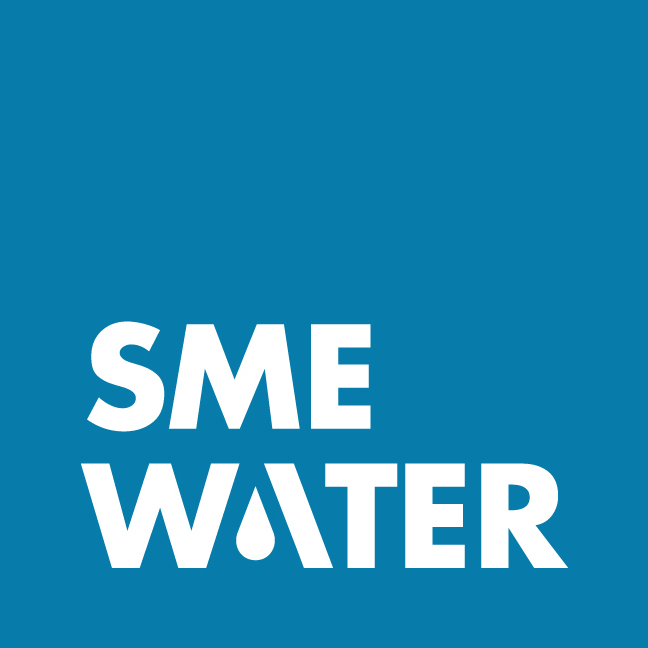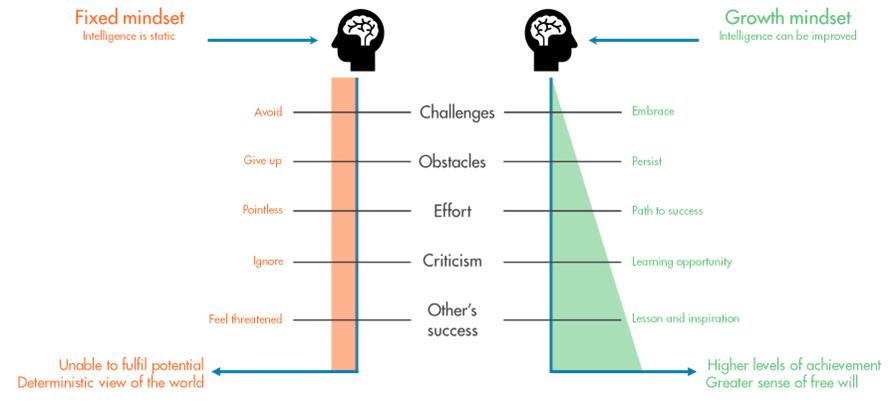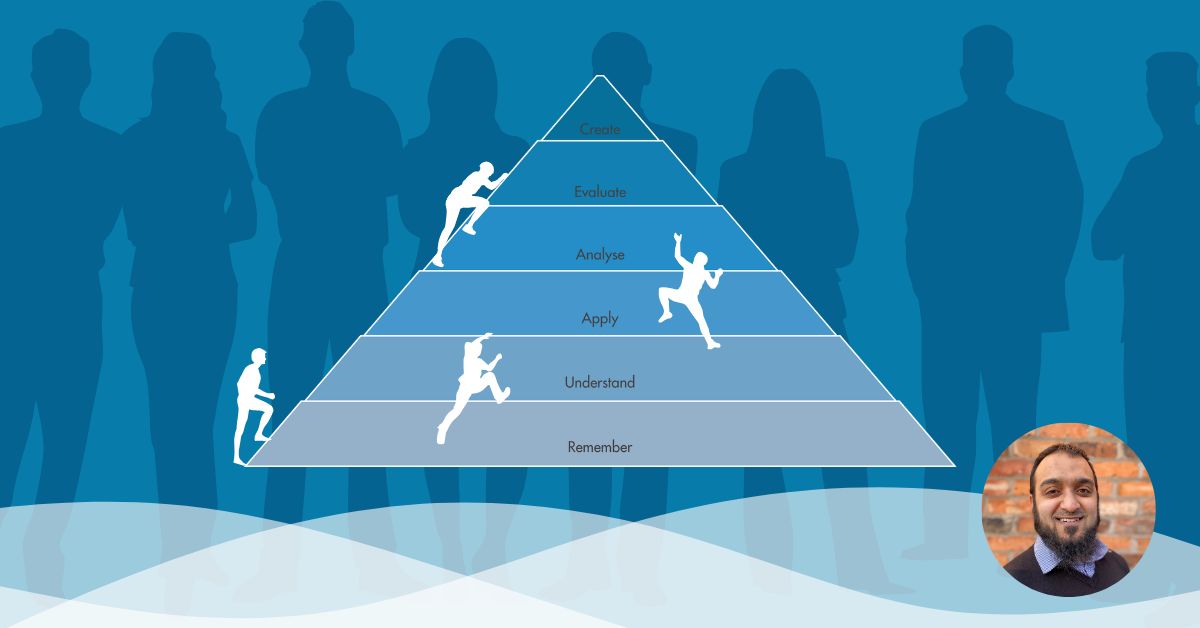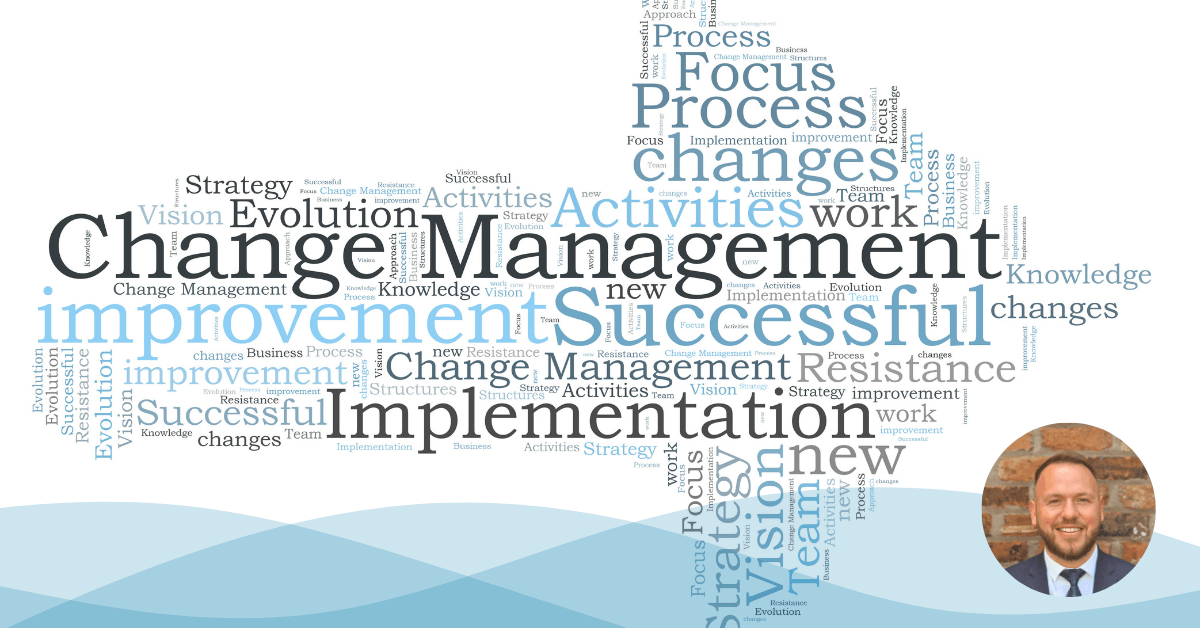Introduction
Personal and professional development are fundamental pillars at SME Water. We believe investing in the advancement, development and wellbeing of our people is a direct investment into the success of the company. We provide each employee a significant amount of time and support for their own learning and development. Although we pride ourselves on our technical abilities, we understand that simply having a line-up of ‘smart’ people is not enough. We need to keep evolving, looking inward as well as outward and continuing to challenge ourselves to produce excellent services and products.
In order to achieve this, we produce learning and development plans that balance both skill set and mindset. Skill set and mindset are two distinct but interconnected aspects of personal and professional development.
Skill sets are usually tangible abilities that can be acquired through education, training, practice, and experience. They are often measurable and can be demonstrated through actions and outcomes. They are usually specific to a role or industry which means they may not be transferable and can become obsolete.
Mindset pertains to an individual’s attitude, beliefs and ways of thinking. It reflects one’s perceptions and attitudes toward oneself, others, and challenges in general. Mindset is not necessarily directly observable. It tends to manifest itself in behaviour and decisions. It significantly influences how you approach challenges, setbacks, and learning opportunities. Mindset is not limited to a specific field or area of work. It can impact various aspects of life, including personal development, relationships, career, and overall well-being.
This article delves into the importance of developing both skill set and mindset. And why it is important to focus on developing one’s skill set in the beginning but how expanding and working on one’s mindset becomes increasingly important as you progress through your career.
The importance of skill set early in a career
Skill set is typically more important in the beginning stages of a career. Here are a few reasons why:
Learning the basics
Early on, you are more likely to be learning the fundamental aspects of your field. Acquiring technical skills and gaining practical experience is essential to building a solid foundation upon which you can later develop further expertise.
Problem-solving
Your role may involve solving well-defined problems that require the application of known techniques and procedures. Strong technical skills are key for addressing these challenges.
Building credibility
Demonstrating competence through your skill set and technical know-how is crucial for earning the trust and respect of colleagues and superiors. This establishes your credibility and lays the groundwork for future opportunities.
Career advancement
In the early stages of a career, advancement is often based on your ability to perform tasks both effectively and efficiently and how they contribute to your organisation.
Why is skill set alone not enough?
However, it is important to note that as your career progresses, the relative importance of mindset begins to increase. Developing a growth mindset is especially important right from the outset.
A growth mindset:
• Fuels ambition and motivation. When you believe your abilities can be developed through dedication and hard work, you are more likely to set ambitious goals and work persistently to achieve them.
• Encourages a thirst for knowledge and an eagerness to learn from others. It keeps you open to new ideas and approaches, facilitating faster skill development.
• Helps you make the most of these experiences by viewing them as opportunities for skill development and personal growth.
• Fosters humility and the willingness to seek feedback and learn from others, which can enhance your interpersonal skills and relationships.
The figure provides a summary of what is meant by a growth mindset as opposed to a fixed mindset:




